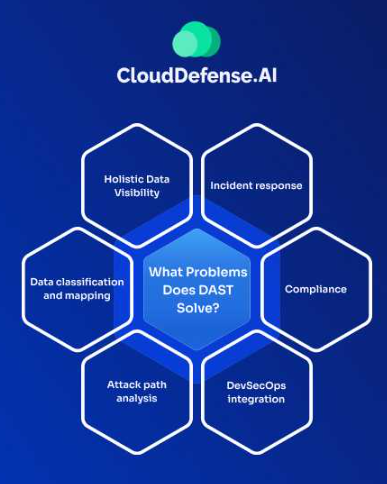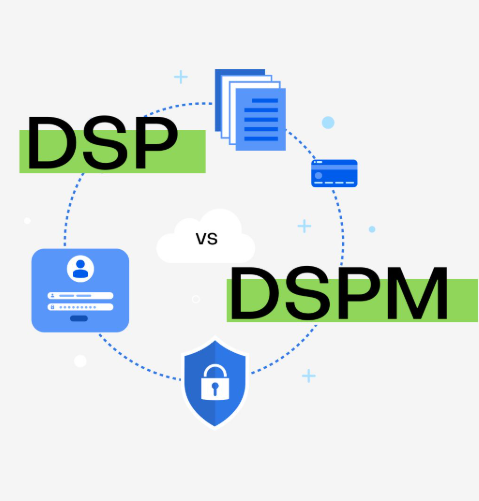
In today’s digital age, law firms are increasingly vulnerable to cyber threats, making data protection a top priority. With sensitive client information and legal documents at risk, Data Security Posture Management (DSPM) has become a critical aspect of law firm operations. This article explores the importance of DSPM in the legal industry and how law firms can bolster their data security measures to comply with regulations and ensure client confidentiality.
What is Data Security Posture Management (DSPM)?
Data Security Posture Management refers to the ongoing process of evaluating and enhancing an organization’s security framework concerning its data assets. For law firms, DSPM involves identifying potential vulnerabilities, establishing robust security protocols, and ensuring adherence to regulations such as the American Bar Association (ABA) Model Rules of Professional Conduct and the General Data Protection Regulation (GDPR) for international clients. Given the sensitive nature of the information law firms handle, a proactive approach to data security is essential.
Key Data Security Challenges in Law Firms
Law firms store vast amounts of highly sensitive data, including client details, legal documents, and financial records. This makes them prime targets for cyberattacks. Some of the most pressing challenges include:
1. Upholding Confidentiality
Lawyers are ethically bound to protect client confidentiality. A data breach could result in severe legal consequences, including loss of client trust, malpractice claims, and reputational damage.
2. Meeting Regulatory Requirements
Law firms must navigate a complex landscape of data protection regulations. Failure to comply with these laws can lead to significant fines and damage to the firm’s reputation.
3. Managing Data Retention
Legal firms must comply with strict data retention rules, which dictate how long certain records must be kept. Balancing these requirements with efficient data management practices is critical for both legal compliance and operational efficiency.
How DSPM Improves Data Security for Law Firms
1. Identifying Weaknesses
DSPM tools allow law firms to conduct regular security audits, helping to identify and address weaknesses in their systems before they become major vulnerabilities.
2. Strengthening Security Policies
By evaluating their security posture, law firms can implement tailored security measures such as access controls, encryption, and incident response protocols designed specifically for their needs.
3. Ensuring Regulatory Compliance
DSPM simplifies compliance by automating key processes such as reporting and monitoring, helping firms demonstrate their adherence to legal obligations and reducing the risk of non-compliance.
4. Optimizing Data Retention
A strong DSPM system helps law firms manage data retention policies effectively. By classifying data based on sensitivity and legal retention requirements, firms can ensure they retain necessary records while securely disposing of obsolete information.
5. Improving Incident Response
In the event of a breach, DSPM provides a structured response strategy, helping firms quickly identify the breach source, mitigate its impact, and communicate effectively with clients.
Best Practices for Implementing DSPM in Law Firms
To successfully integrate DSPM, law firms should consider these best practices:
1. Start with a Security Assessment
Begin by evaluating your firm’s current data security framework. Identifying vulnerabilities, potential risks, and areas for improvement is the first step in creating a robust security posture.
2. Develop a Clear Data Security Policy
Craft a comprehensive policy outlining data access, retention, and disposal procedures. Make sure all employees are trained on these guidelines to maintain consistency in security practices.
3. Invest in Advanced Tools
Leverage DSPM tools that provide automated monitoring, risk assessments, and compliance reporting. These tools will help streamline security efforts and ensure better protection.
4. Regularly Update Security Practices
Data security is a continuous effort. Regularly review and update your security protocols to stay ahead of evolving threats and changing regulations.
5. Promote a Security-Aware Culture
Encourage staff at all levels to stay informed about data security best practices. Regular training and open communication about security measures can help reinforce the importance of protecting sensitive information.
Conclusion
In the legal sector, safeguarding client data is not just a matter of good practice—it’s a necessity. Law firms must take proactive steps to ensure their data security posture is strong and compliant with industry regulations. By adopting a thorough DSPM strategy, law firms can minimize risk, enhance their security infrastructure, and maintain the trust of their clients. Data security should be a top priority, and with the right approach, firms can protect their most valuable asset: client information.

































































